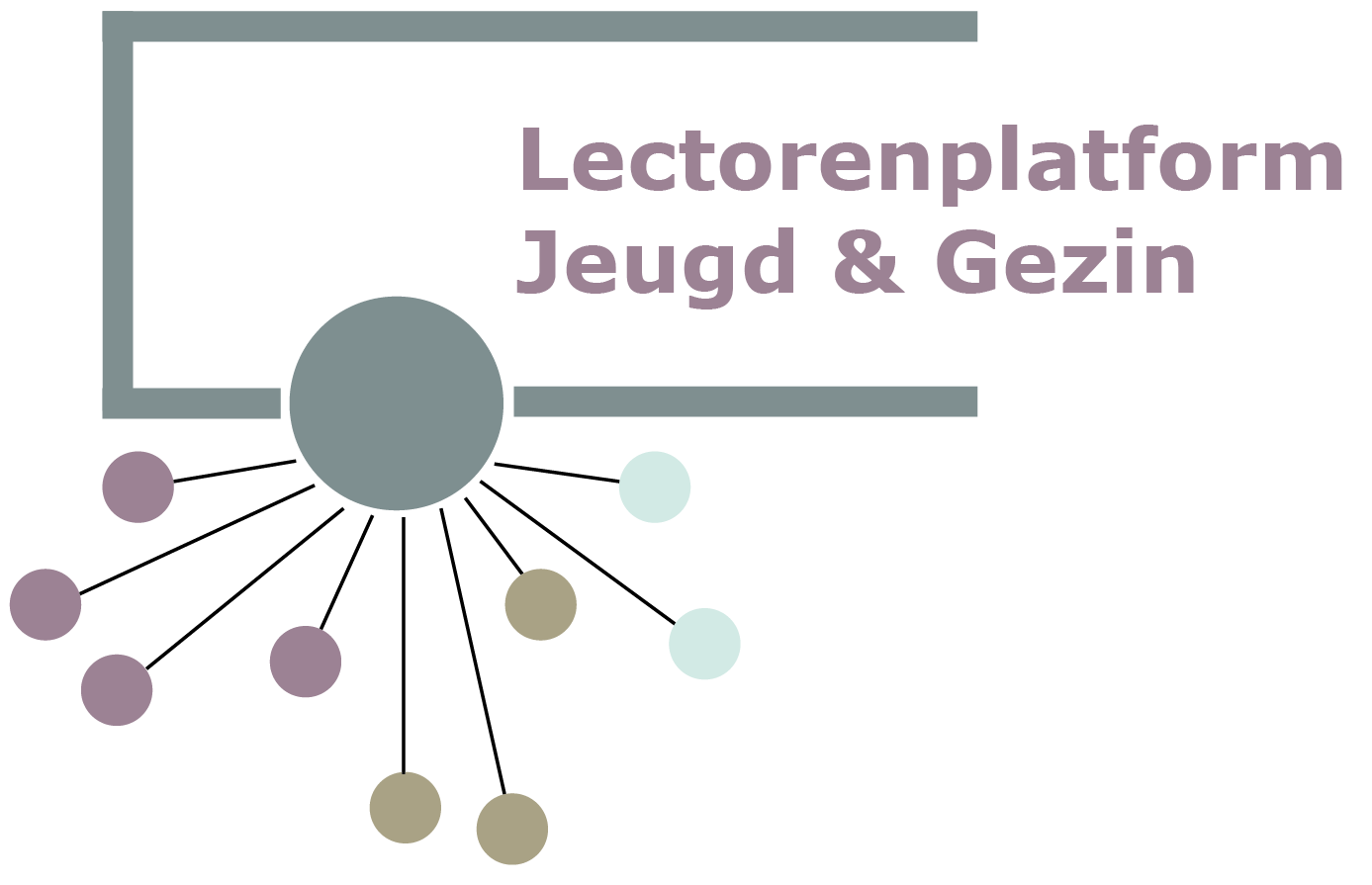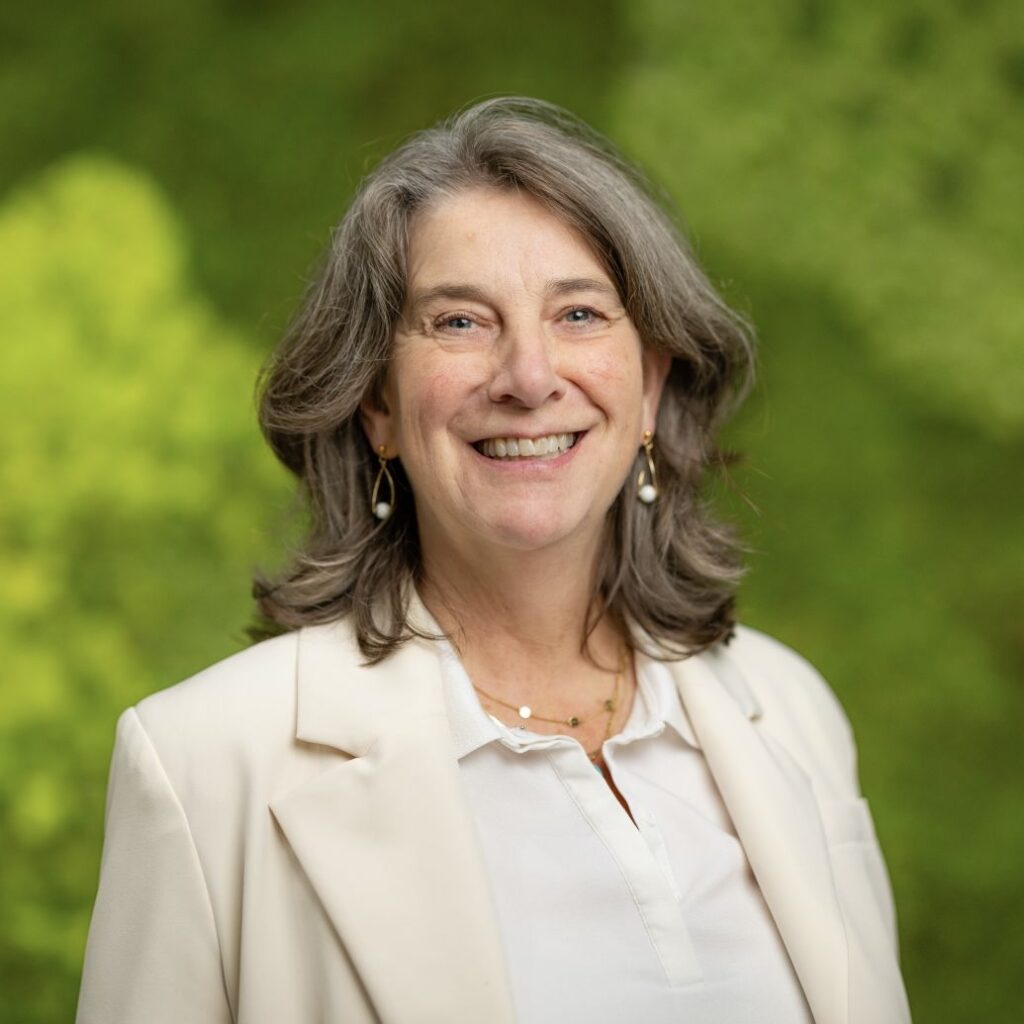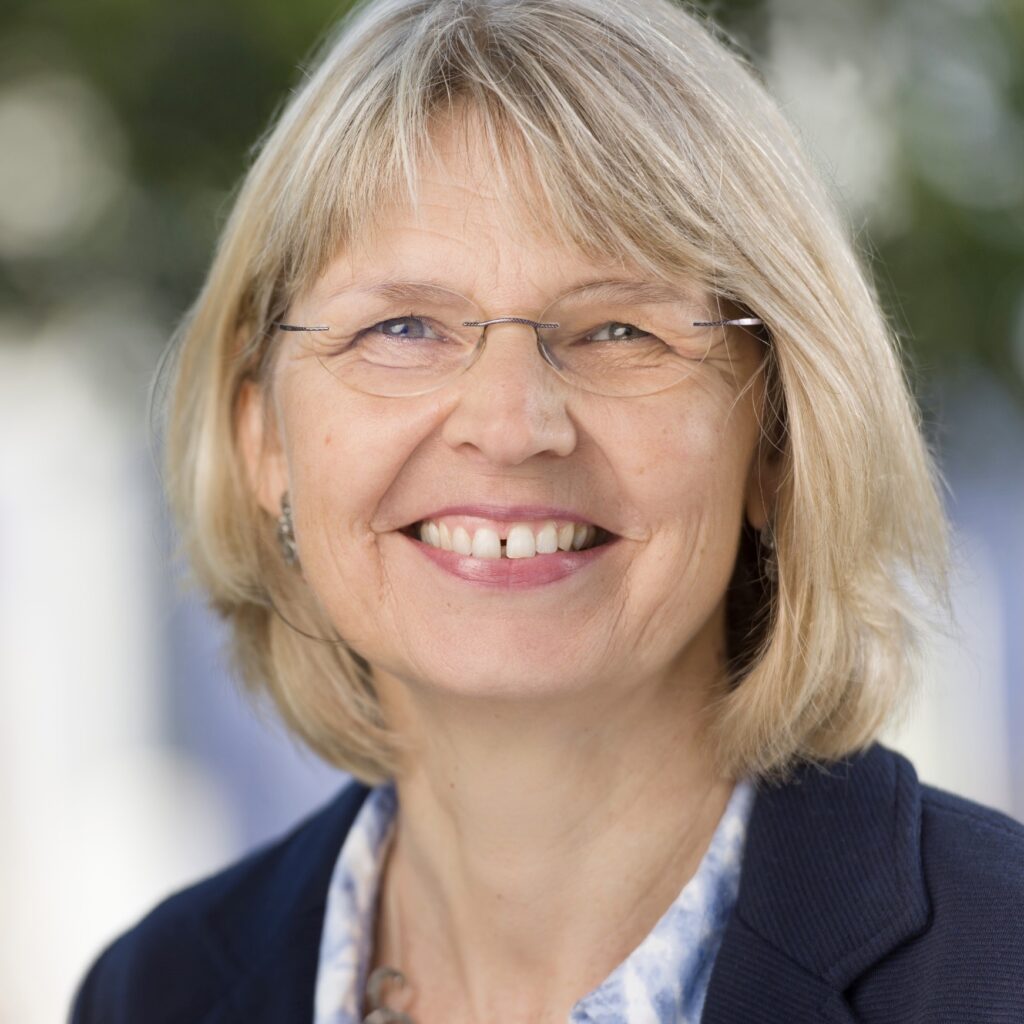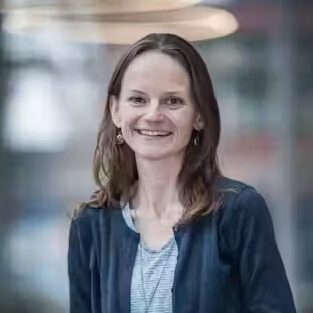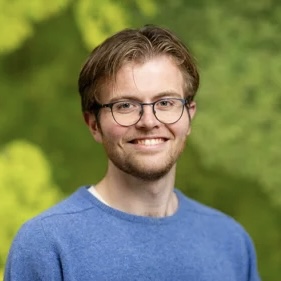A strong pedagogical foundation and a healthy pedagogical climate
In the living worlds from the youth and families: family, neighbourhood, childcare/school, leisure, online world.
Affiliated professors
Affiliated researchers
Theme of the meeting: Past, Present and future of the pedagogical base
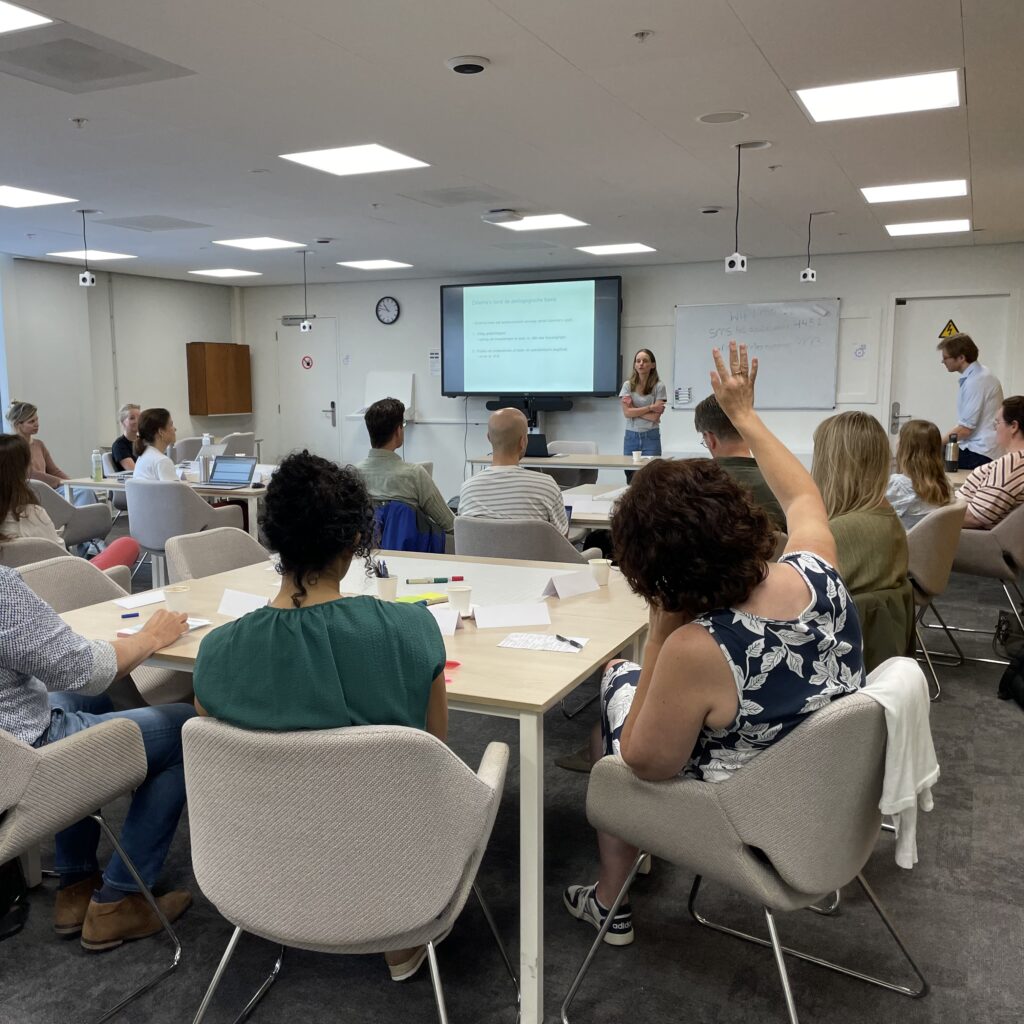
On the morning of June 26, Marije Kesselring and Rogier Kattenberg, together with participants from practice, policy, research and education, explored the roots, current meaning and future of the concept pedagogical basis. The meeting took place within the framework of the lectureship youth and family and offered space for reflection, deepening and Exchange.
The pedagogical basis, a concept introduced in 2008 by Micha De Winter as ‘pedagogical civil society’, has since gained prominence in policy, practice and research. During the meeting, the central question was how this concept has developed, how it is understood in 2025 and what it means for the future of education and growing up.
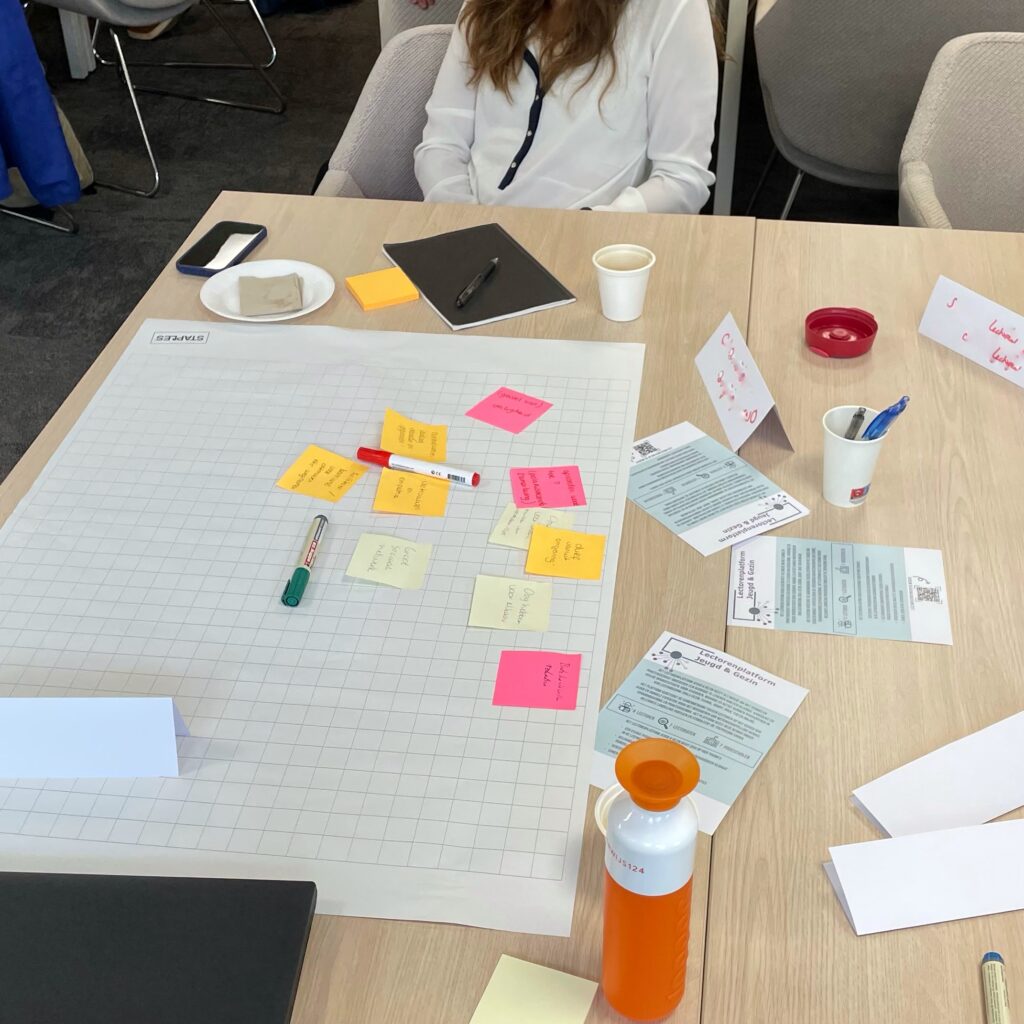
Using theses, participants discussed topics such as the role of language, the limits of professionalism and the responsibilities of various stakeholders around the child. Concepts such as’ ordinary education‘,’ pedagogical community ‘and’ normalisation ' emerged as language that can give direction to policy and practice. At the same time, it was emphasized that there is often too little time and space to actually shape this pedagogical basis.
The tension between strengthening the pedagogical base and cuts in youth care was also discussed. The expectation that a strong pedagogical basis works preventively should not lead to the loss of necessary support for children who do need help. It should not be an Either-Or, but an and-and approximation.
Furthermore, it emerged that more and more attention is paid to this topic in the training of youth professionals. Not only in the form of knowledge transfer, but also in strengthening a basic attitude in which connection, closeness and trust are central.
Finally, we looked at opportunities for the future. What are the building blocks of a strong pedagogical Foundation? How do we engage parents, schools and local networks in an accessible way? And what can we learn from initiatives in other countries, despite the fact that translation and interpretation are not always easy?
The meeting provided valuable insights, inspiration and connection, exactly what is needed to continue to build a strong pedagogical foundation for all children together.
Do you want to stay informed about meetings and publications of the lectorenplatform Jeugd en Gezin? Keep an eye on our LinkedIn page or check our website.
